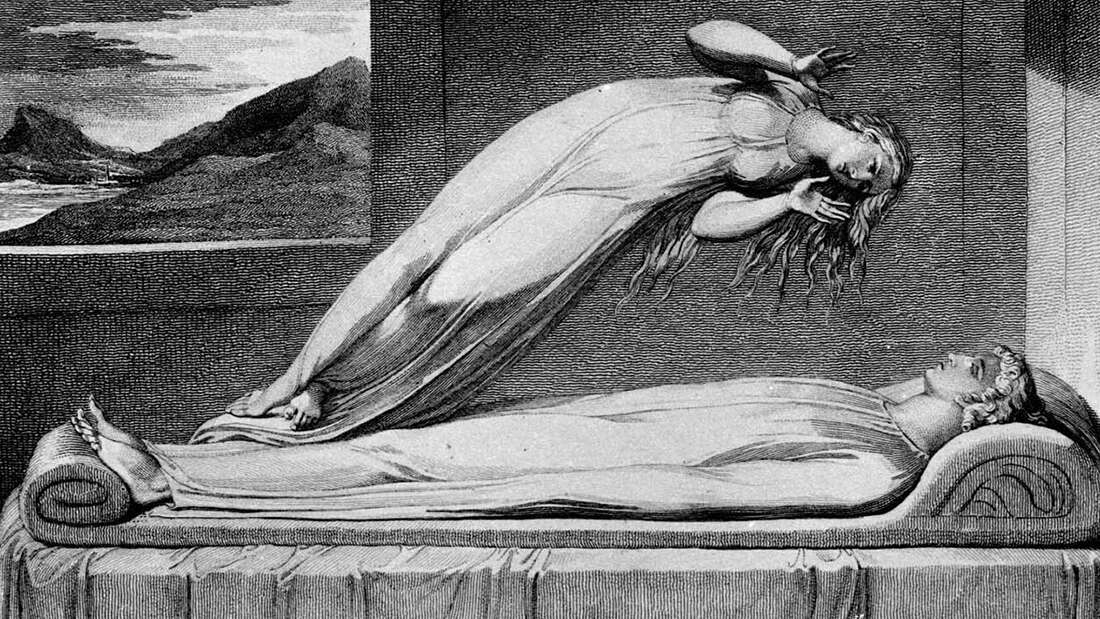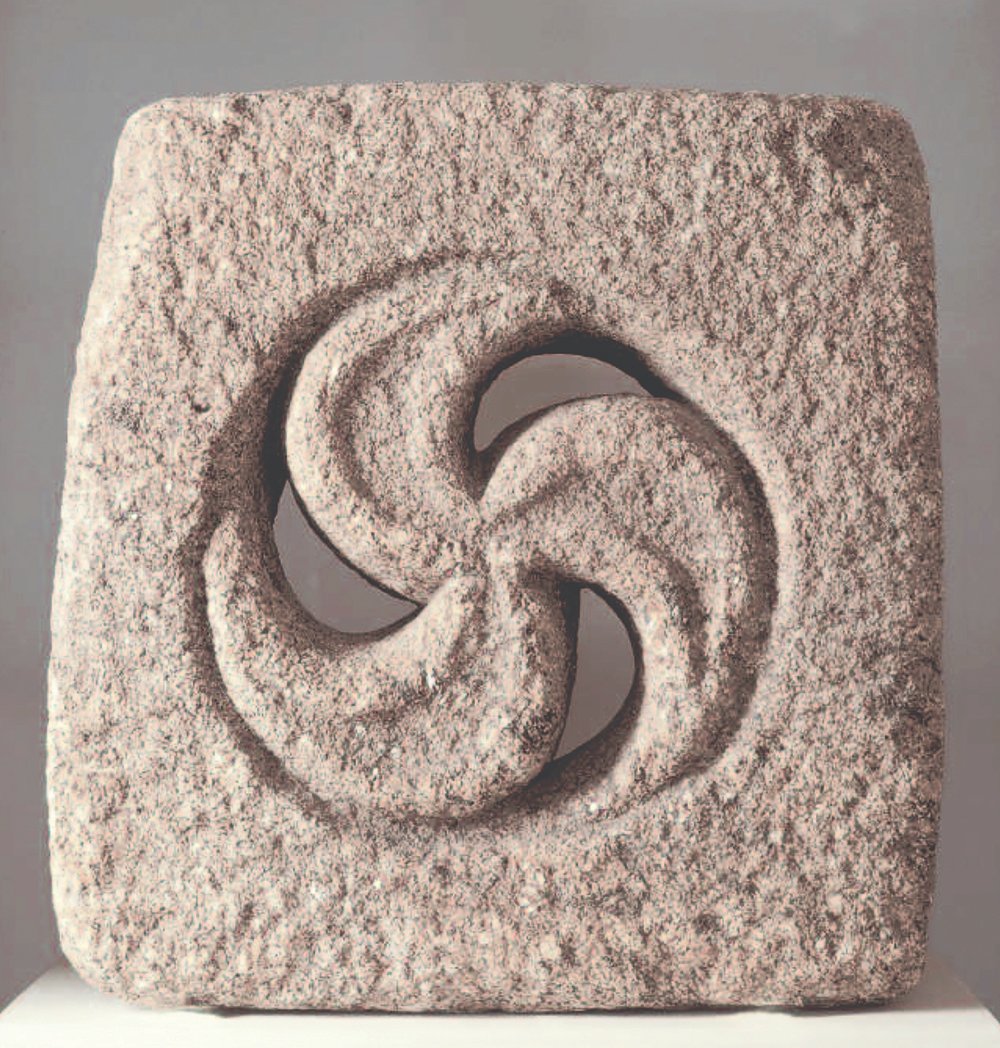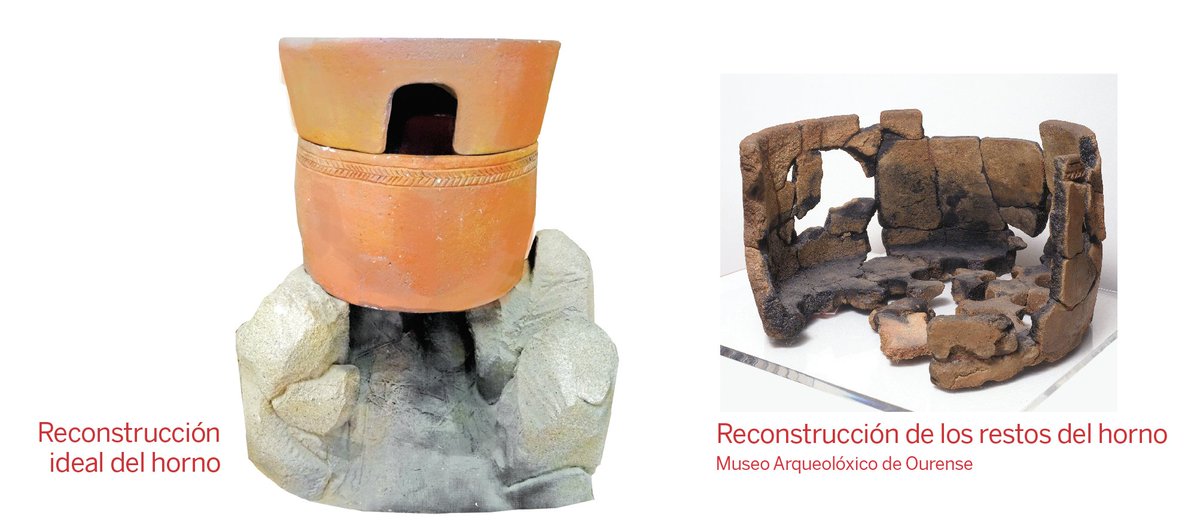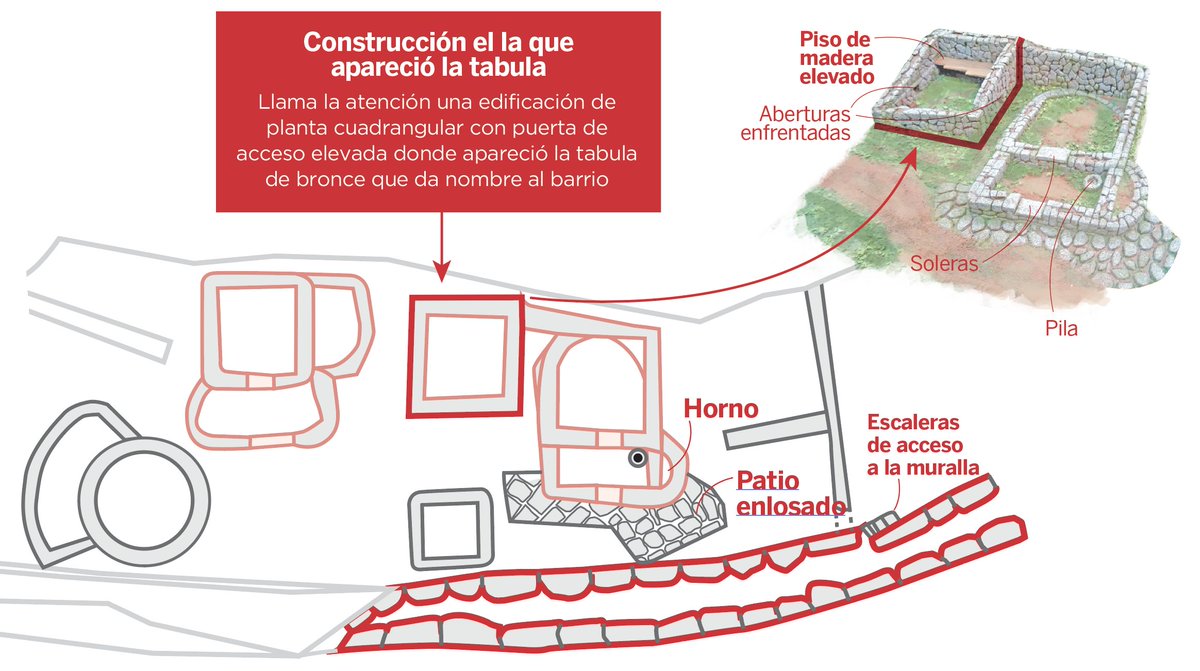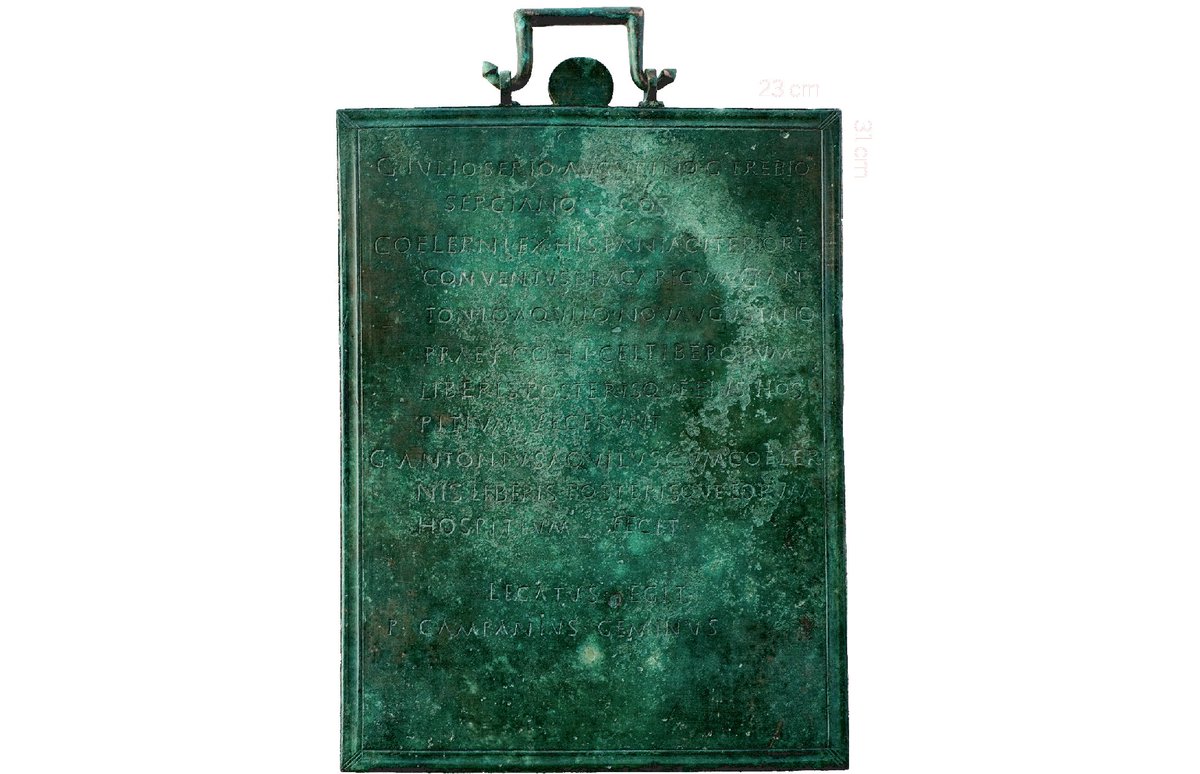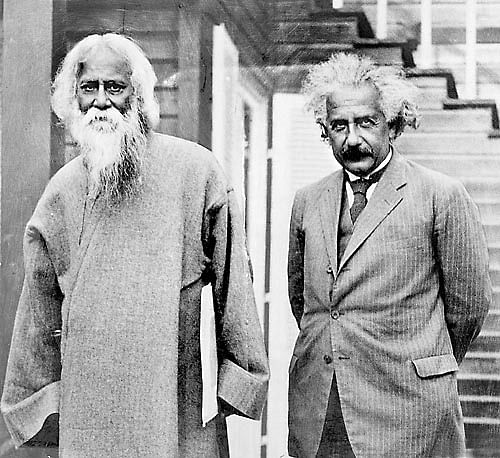Mollyycolllinss Categories History
7 days
30 days
All time
Recent
Popular
Can confirm. I lived in C. Springs in 98-99, and sporadically for years after that, when fate brought me through.
Focus on the Family had its claws DEEP in that town, at every level, and especially in the military families stationed there.
For years, including my own military service, FOTF was my yardstick for crazy, over-the-top evangelical conservatives.
Until I met a particularly memorable Air Force chaplain, who opined that he felt Rev. Dobson didn't go nearly far enough.
And I grew up in Indiana, a hotbed of Christianity-motivated murders and mutilations.
Like, parents cutting off their own kids' hands to keep them from masturbating. That kind of crazy.
But back home it was individuals going off the rails. Not massive, organized megachurches.
The Air Force Academy is a place where people enter as children, are immediately thrust into a deeply traumatic environment, their personalities assaulted and broken down from all sides, then built back up to be leaders.
Anyone going through that experiemce--ANYONE--will reach out for any emotional lifeline they can find.
And a lifeline of unconditional love and salvation sounds mighty good when the rest of your life is people screaming at you for being a worthless failure.
Focus on the Family had its claws DEEP in that town, at every level, and especially in the military families stationed there.
Focus on the Family moved to Colorado Springs in 1992, and soon, megachurch pastor Ted Haggard, who helped to radicalize the town, would come to head the National Association of Evangelicals.
— Chrissy Stroop in the winter of our discontent (@C_Stroop) January 10, 2021
My family moved to the Springs in 1993. Our milieu adored the nearby Air Force Academy. https://t.co/gEFV2cc8Jd
For years, including my own military service, FOTF was my yardstick for crazy, over-the-top evangelical conservatives.
Until I met a particularly memorable Air Force chaplain, who opined that he felt Rev. Dobson didn't go nearly far enough.
And I grew up in Indiana, a hotbed of Christianity-motivated murders and mutilations.
Like, parents cutting off their own kids' hands to keep them from masturbating. That kind of crazy.
But back home it was individuals going off the rails. Not massive, organized megachurches.
The Air Force Academy is a place where people enter as children, are immediately thrust into a deeply traumatic environment, their personalities assaulted and broken down from all sides, then built back up to be leaders.
Anyone going through that experiemce--ANYONE--will reach out for any emotional lifeline they can find.
And a lifeline of unconditional love and salvation sounds mighty good when the rest of your life is people screaming at you for being a worthless failure.
Faces of Guangyuan. Here are some (previously unseen) photographs from late-nineteenth century Sichuan, China. They come from the unpublished journals of missionary Florence Beauchamp, and I’ll add some more when I can. [1/?]
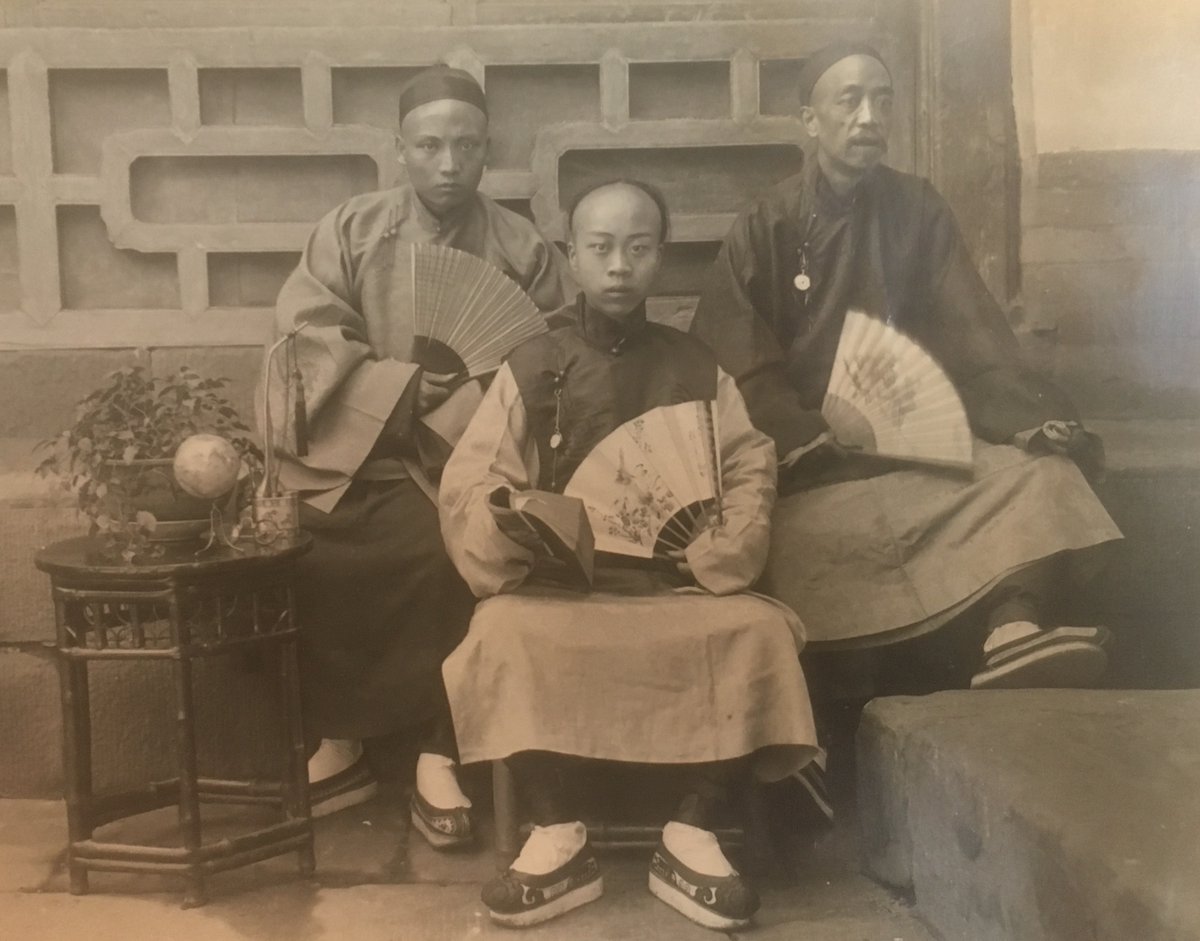
[2/?] Florence and Montagu Beauchamp were missionaries for the (Protestant) China Inland Mission. The story of how they got there is pretty special, but you may need to wait for my forthcoming book to see what I mean! For now, there’s this:
Florence had guests pose for photos in their courtyard. This is Song Dalaoye [宋(?)大老爷], the ‘mayor’ of Guanyuan: ‘He is in his robe of office and chain of official rank, and is holding his hand painted silk fan. His man servant holds his tobacco pipe ready for use.’ [3/?]
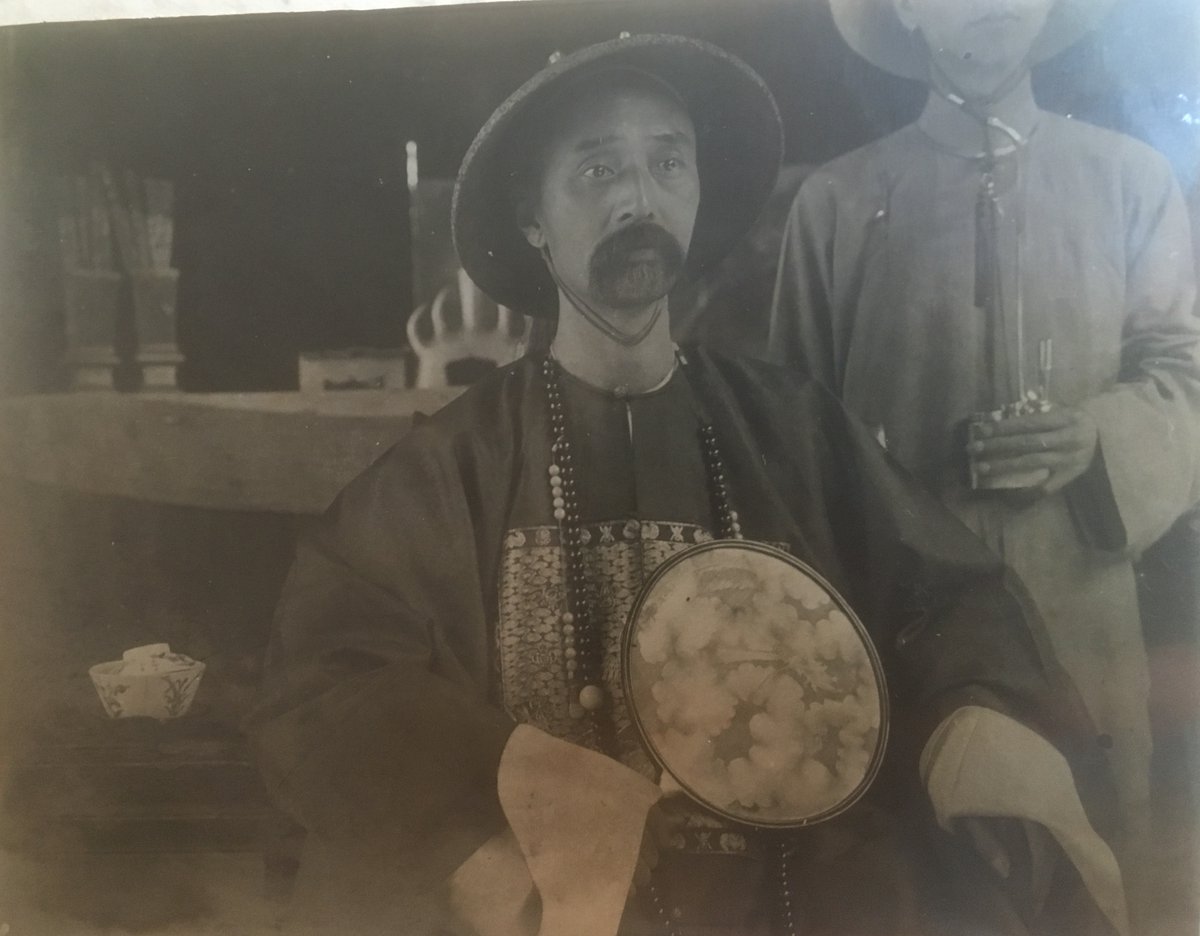
At Spring Festival, Montagu went to the Yamen (official residence) 'to photo the 'big man' as he came out in his open chair… At the riverside amidst the letting off of crackers, [he] gets out of his chair and prostrates himself in worship of the coming Spring.’ [4/?]
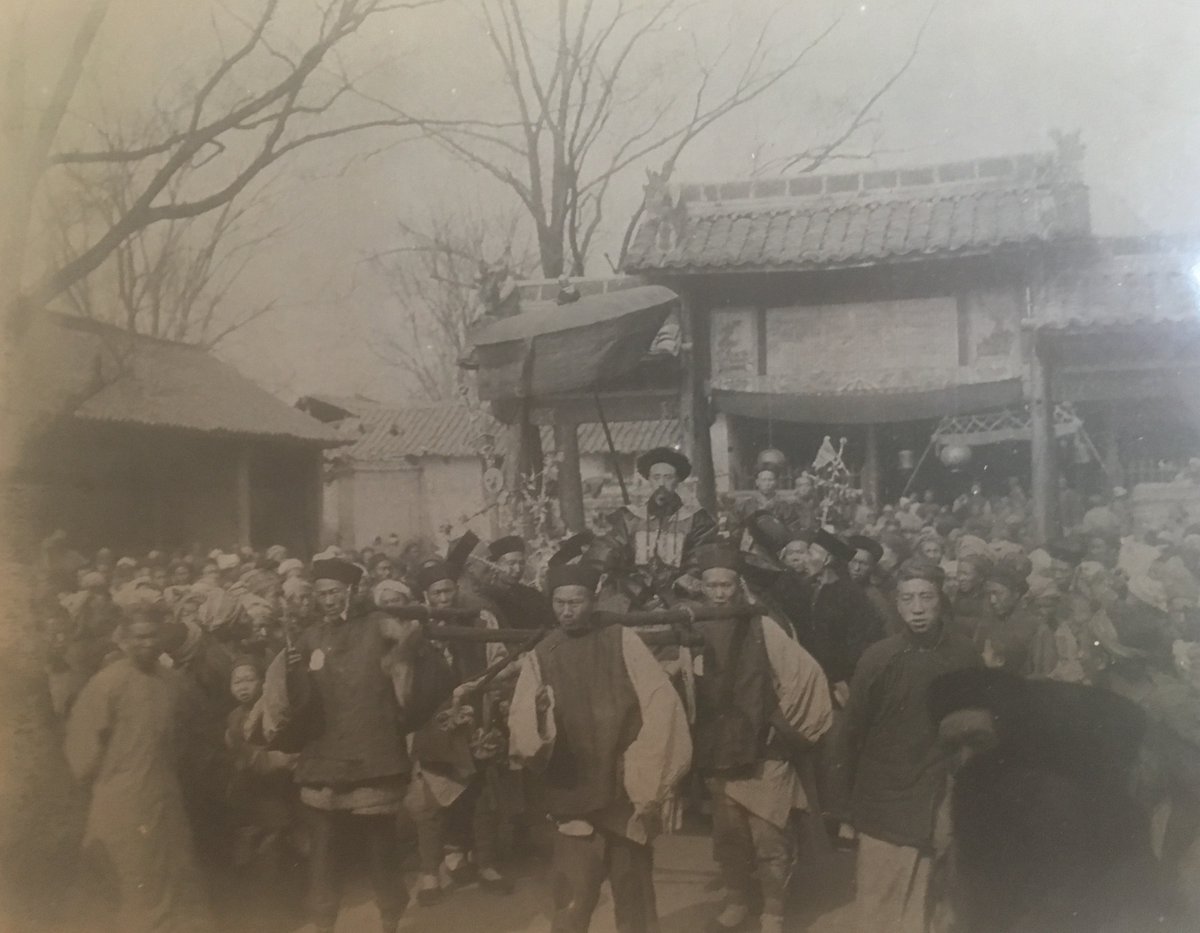
These men might (might!) be Yamen ‘runners’, (probably unpaid) assistants of Song Dalaoye or the magistrate. Runners were despised by foreigners and Chinese alike, ‘squeeze’ (i.e. corruption) being their only means of survival. [5/?]
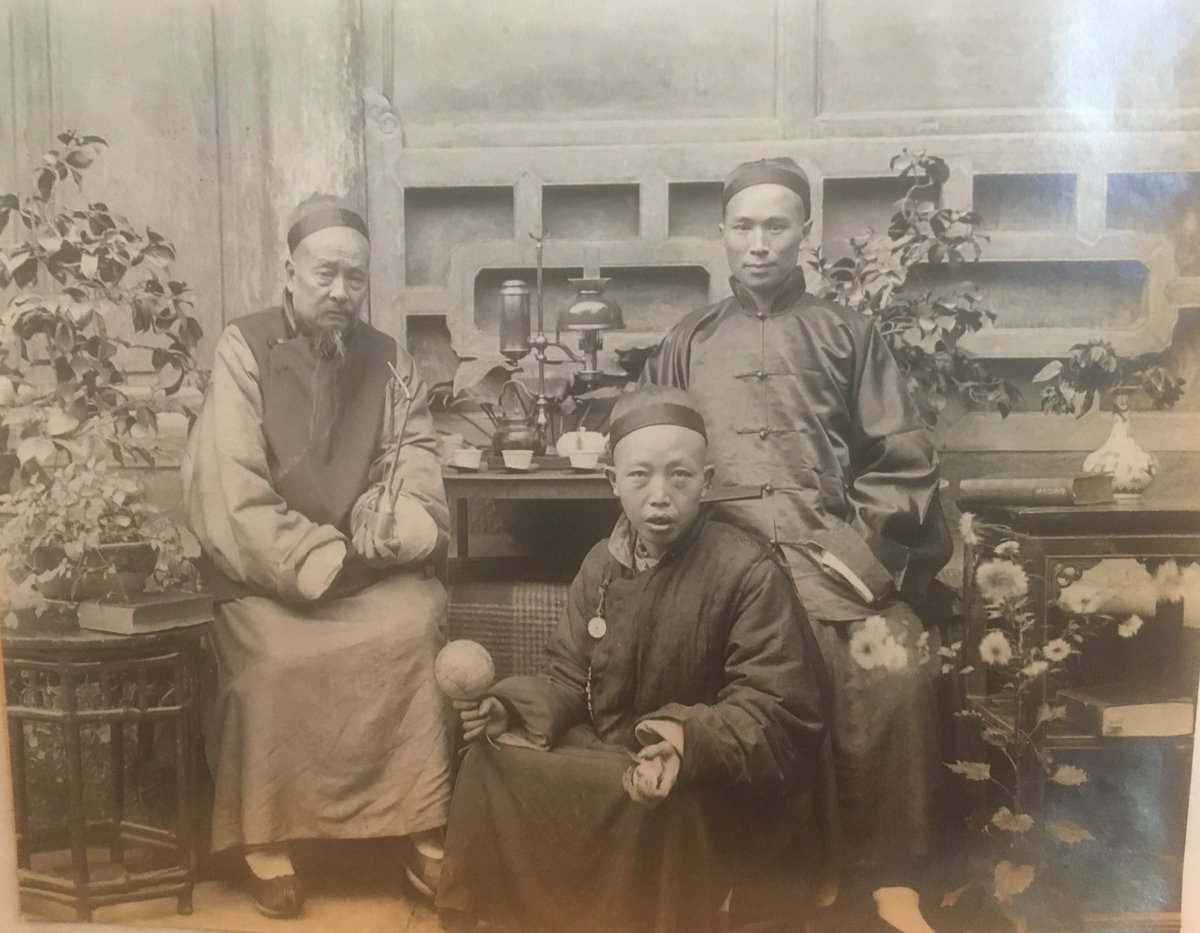

[2/?] Florence and Montagu Beauchamp were missionaries for the (Protestant) China Inland Mission. The story of how they got there is pretty special, but you may need to wait for my forthcoming book to see what I mean! For now, there’s this:
No Barriers to Love. Here are some more extracts from China missionary Florence Beauchamp\u2019s journals, from New Year of 1900. Perhaps her experiences offer some perspective, if not comfort, to those of us who have had a lonely year. [1/12] pic.twitter.com/4moEjuOCn0
— Dan Hopper (@evohopp) December 30, 2020
Florence had guests pose for photos in their courtyard. This is Song Dalaoye [宋(?)大老爷], the ‘mayor’ of Guanyuan: ‘He is in his robe of office and chain of official rank, and is holding his hand painted silk fan. His man servant holds his tobacco pipe ready for use.’ [3/?]

At Spring Festival, Montagu went to the Yamen (official residence) 'to photo the 'big man' as he came out in his open chair… At the riverside amidst the letting off of crackers, [he] gets out of his chair and prostrates himself in worship of the coming Spring.’ [4/?]

These men might (might!) be Yamen ‘runners’, (probably unpaid) assistants of Song Dalaoye or the magistrate. Runners were despised by foreigners and Chinese alike, ‘squeeze’ (i.e. corruption) being their only means of survival. [5/?]

This is a great question, so let's get into this in more detail!
The question here is is essentially, "what did Philip II (father of Alexander) do to the Spartans, and how do we know that?"
A thread! 1/25
First off, our sources for the life of Philip II are really poor. Unlike the multiple biographies we have of his son Alexander III ('the Great'), we have no sustained biography of Philip II. Consequently, we're left to piece together his reign from disparate sources. 2/25
There's a strong tradition that Philip II just left the Spartans alone. That tradition comes from Plutarch, who preserves that classic Laconic reply where Philip threatens that if he enters Spartan territory he would destroy them and they respond 'If' (Plut. De Garr. 17). 3/25
Frustratingly, some modern scholars repeat that tradition uncritically (e.g.Borza, In the Shadow of Olympus (1990), 225; otherwise excellent book) and so it gets included in things like the wikipedia article with the Laconic phrase and nothing more: https://t.co/VyazqjrkZ0 4/25
But we actually have a fair bit of evidence that Philip did invade Sparta and that the end results were less than the Spartans might have hoped for! 5/25
The question here is is essentially, "what did Philip II (father of Alexander) do to the Spartans, and how do we know that?"
A thread! 1/25
Hey I love this and want to send it to someone but I can't find a source for Philip invading them, Wikipedia says he just ignored them?
— Greg Luce (@garglfluz) January 17, 2021
First off, our sources for the life of Philip II are really poor. Unlike the multiple biographies we have of his son Alexander III ('the Great'), we have no sustained biography of Philip II. Consequently, we're left to piece together his reign from disparate sources. 2/25
There's a strong tradition that Philip II just left the Spartans alone. That tradition comes from Plutarch, who preserves that classic Laconic reply where Philip threatens that if he enters Spartan territory he would destroy them and they respond 'If' (Plut. De Garr. 17). 3/25
Frustratingly, some modern scholars repeat that tradition uncritically (e.g.Borza, In the Shadow of Olympus (1990), 225; otherwise excellent book) and so it gets included in things like the wikipedia article with the Laconic phrase and nothing more: https://t.co/VyazqjrkZ0 4/25
But we actually have a fair bit of evidence that Philip did invade Sparta and that the end results were less than the Spartans might have hoped for! 5/25




